Writing their name, tying their shoes, making their bed, there’s lots of things parents begin to teach their children during the preschool and early elementary years. And while things like learning to read are a big part of those experiences, there’s an even bigger lesson to teach our kids: the ability to share someone else’s feelings and react with kindness or empathy.
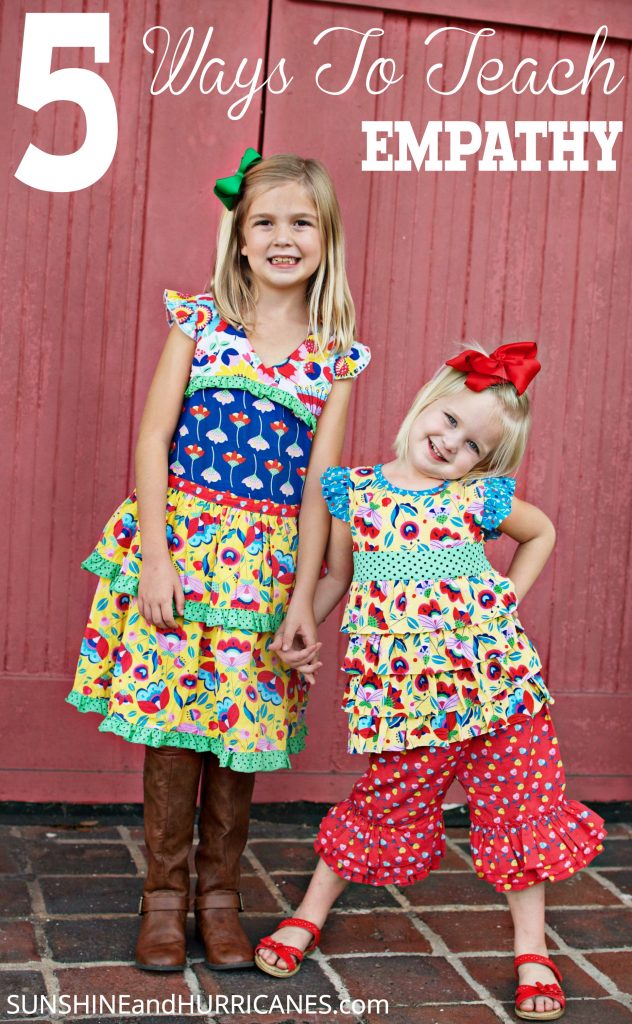
As a mom and former teacher, I’ve seen first hand the importance of intentionally guiding children and teaching character traits, not just academics. Parents have a responsibility to help form their kids values and personalities. I don’t think anyone starts out thinking they’ll raise a bully or insensitive person but take a look around the world for five minutes and you’ll see that’s what has happened. Never have we needed empathy training for our families like we do now.
In a nutshell, empathy training involves teaching our kids to be mindful of others and in control of themselves. Empathy is a learned skill and something adults have to be intentional about instructing children about. Now, before you throw your hands up in exasperation at one more thing added to the never ending to do list that is mom life, you may already be doing several of the these suggestions and they’re all relatively easy to incorporate in your daily routine.
Here’s 5 Ways to Teach Empathy to Kids
Thank You Notes
Taking time to express gratitude and acknowledge the thought someone put into giving you a gift is a simple way to help children recognize the effort expended on their behalf. Encourage your kids to express why they liked the present and discuss how someone else’s thoughtfulness was special to them. I’ve even got some FREE Printable Birthday Thank You Notes to make it easy for you!
Volunteer TOGETHER
Dropping the kids off for a beach clean up day isn’t a bad thing but research proves that families who serve together make more of lasting impression on their child’s character than those who leave the community service solely to the kids. Spending time working towards a common good helps your child understand the value of giving back and prioritizing the needs of others. For more ideas about family volunteering, be sure to see our post about Raising Kids Who Serve Others.
Notice Others
It’s a skill to be able to read other people. Pointing out facial expressions or body language of characters in books, movies, or even commercials are quick and simple ways to develop your child’s capabilities. Encouraging young ones to master nonverbal cues and reading emotions is a skill that will serve a person well their entire life. Take a peek at this short video with a powerful message. This story is part of the larger “Someone Needs One” program, in which Kleenex® brand is challenging people to be more aware of overlooked, everyday opportunities to show that they care.
Assign Chores
Believe it or not, kids who have a regular set of responsibilities to their family tend to be more caring and altruistic towards others. Lending a hand in the upkeep of the house and yard not only instills a great work ethic but also makes life less about oneself and gives a sense of working towards a common goal. Check out this post about The Importance of Chores for Children (Printable Chore Chart).
Model Kindness
Little eyes are always watching and when your server makes a mistake on your order or your spouse forgets to pick up the dry cleaning, the way you react says volumes to your kids. Extending grace and easily forgiving blunders demonstrates care and concern. When your children see you treat others kindly, it becomes a natural part of their lives to do the same.
When I’m shopping for school supplies, I pick up a couple extra boxes of my favorite tissues from Kleenex®. I appreciate the large sized boxes because as a former teacher, I know firsthand the importance of quality tissues when cold or allergy season hits the classroom. Not to mention, these new designs are just so whimsical and perfect for my daughter’s Kindergarten class!
I really love the small, individual packs of Kleenex®, too. They’re so convenient for kids to keep in their backpack or supply box.
In the interest of helping kids better observe and discover everyday opportunities to care for others, Kleenex® brand sponsored a social experiment and workshop through the Yale Center for Emotional Intelligence. Check out their brief video and see if you don’t wind up with goosebumps and full of emotion like I was! I felt so proud of these soon to be middle schoolers and appreciated the reminder that when we share our feelings with one another, we’re stronger!
As plugged in parents, we do a good job at helping our kids practice sports, spelling words, and math facts. Let’s not forget to get focused on character and practice empathy in our childrearing, too.
We’ve got a fabulous list of the best Childrens Books That Teach Empathy and be sure to find out Why You Need to Fail at Parenting, it’ll change your perspective for sure!
I was selected for this opportunity as a member of Clever Girls and the content and opinions expressed here are all my own.


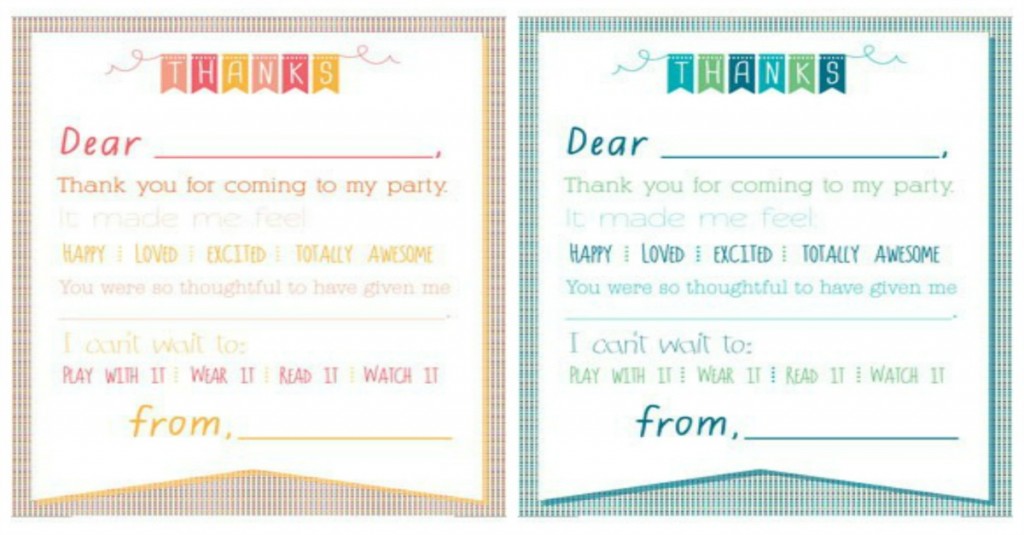
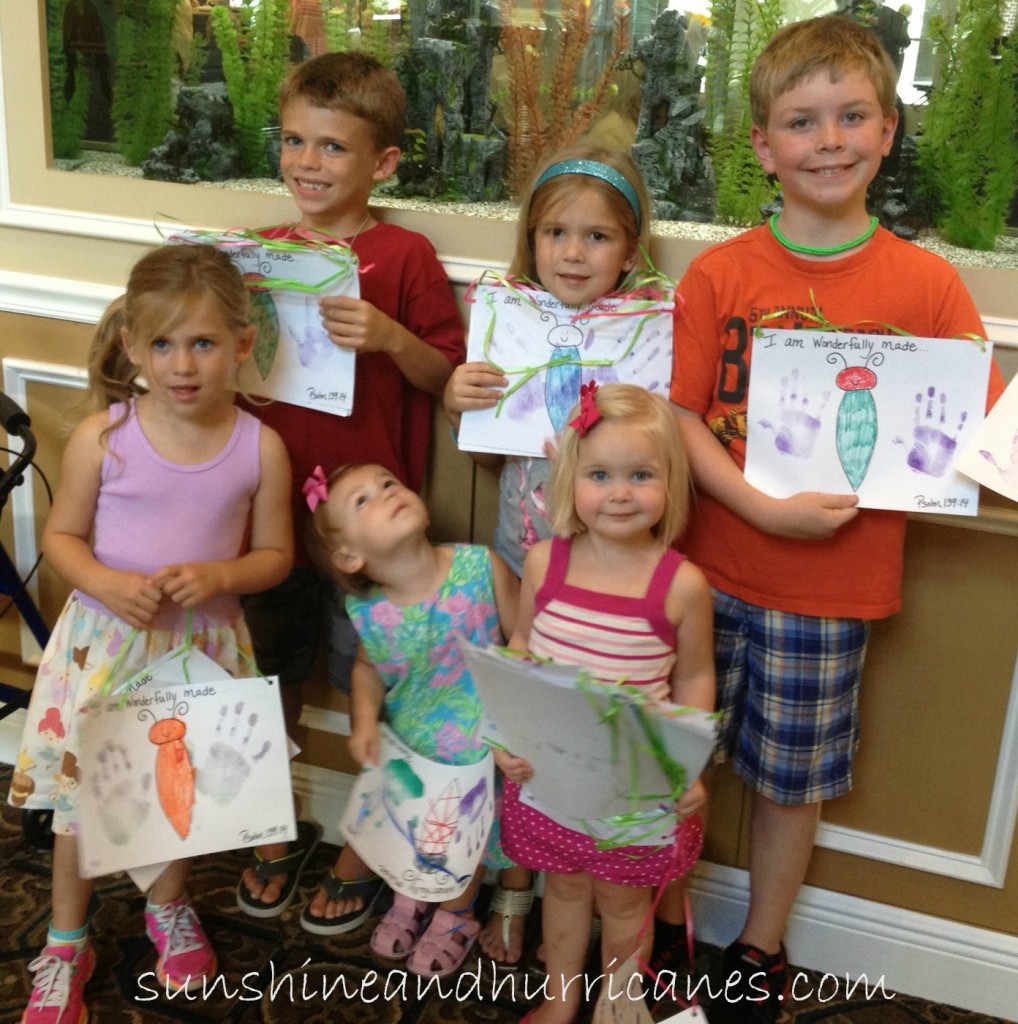
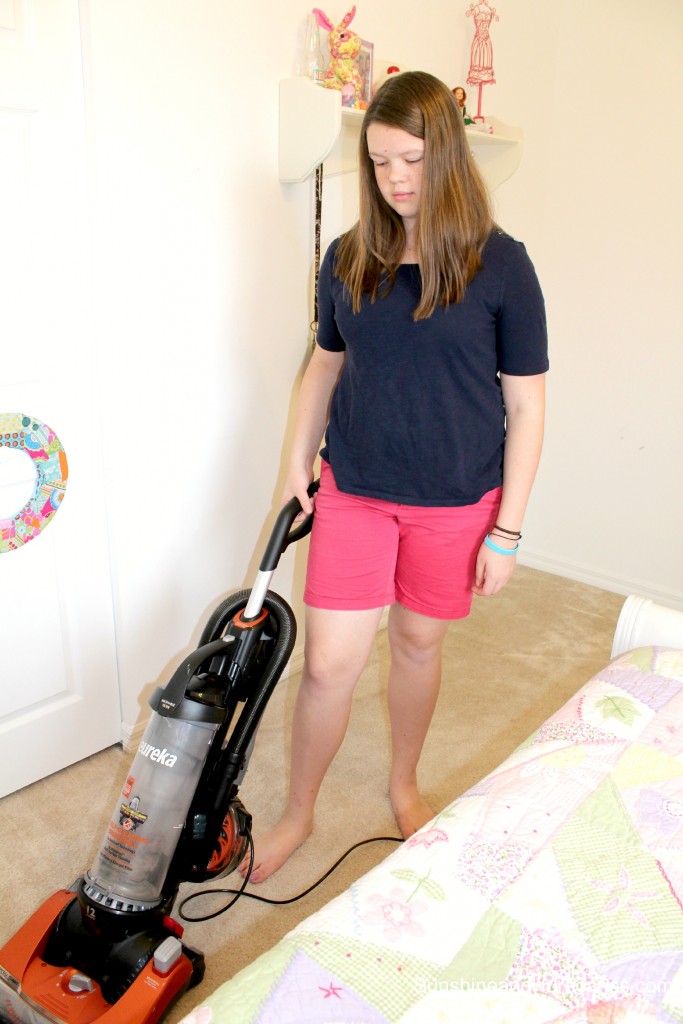
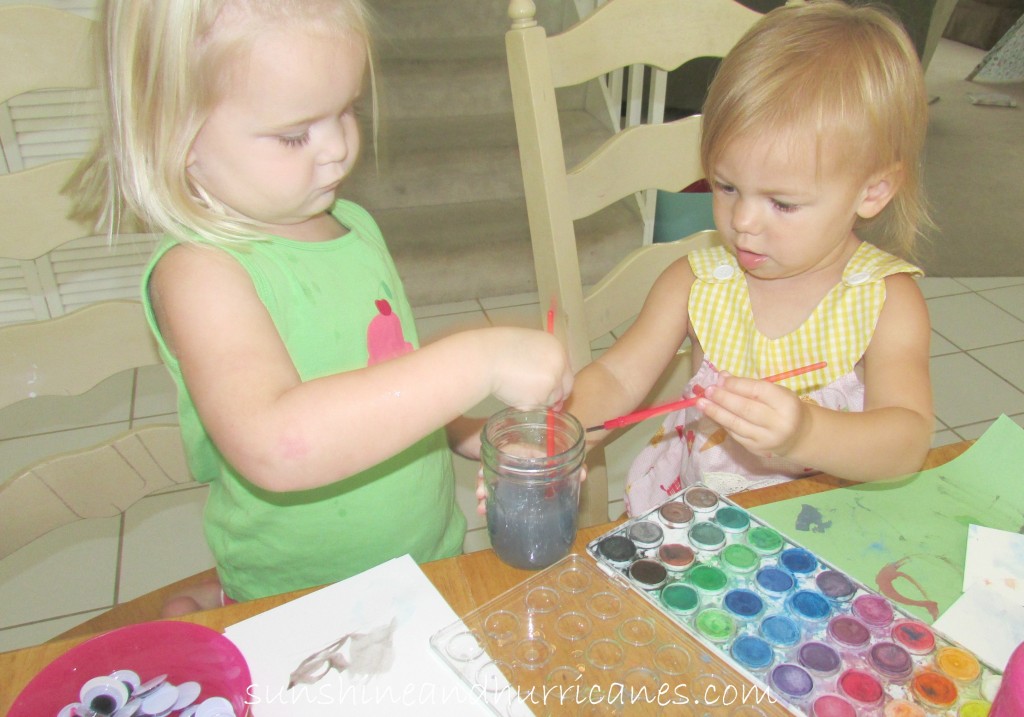
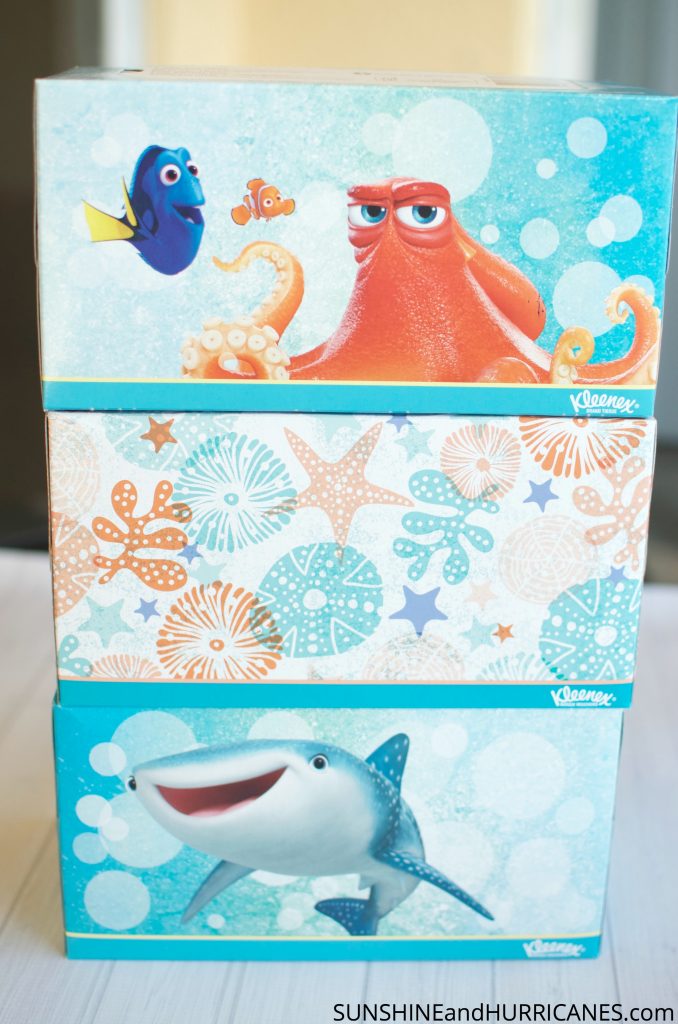
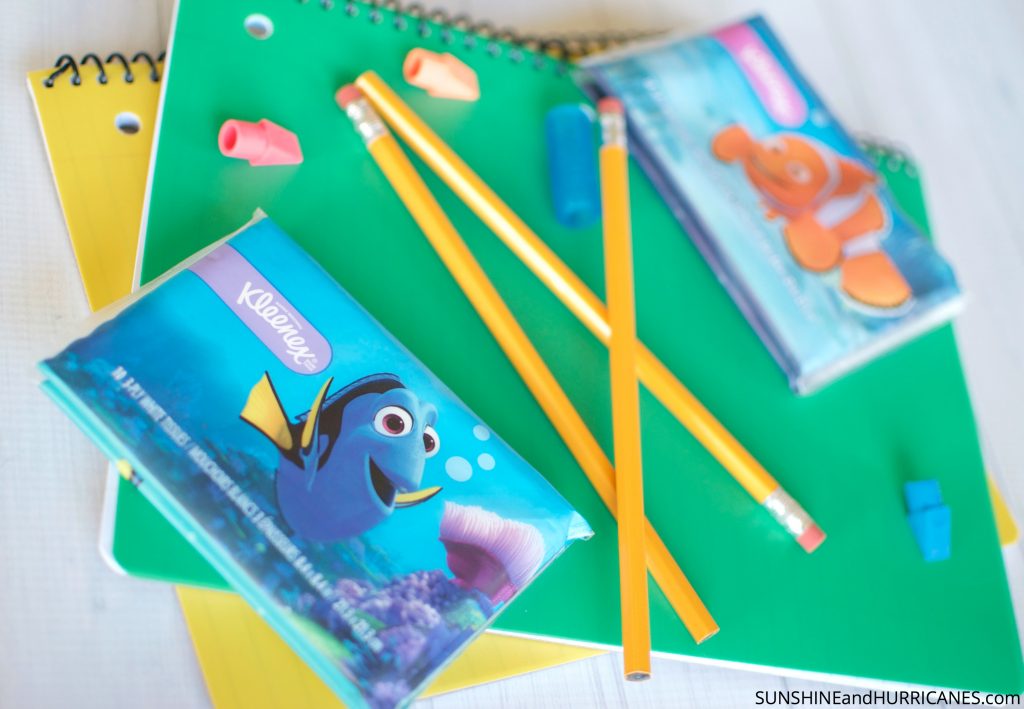
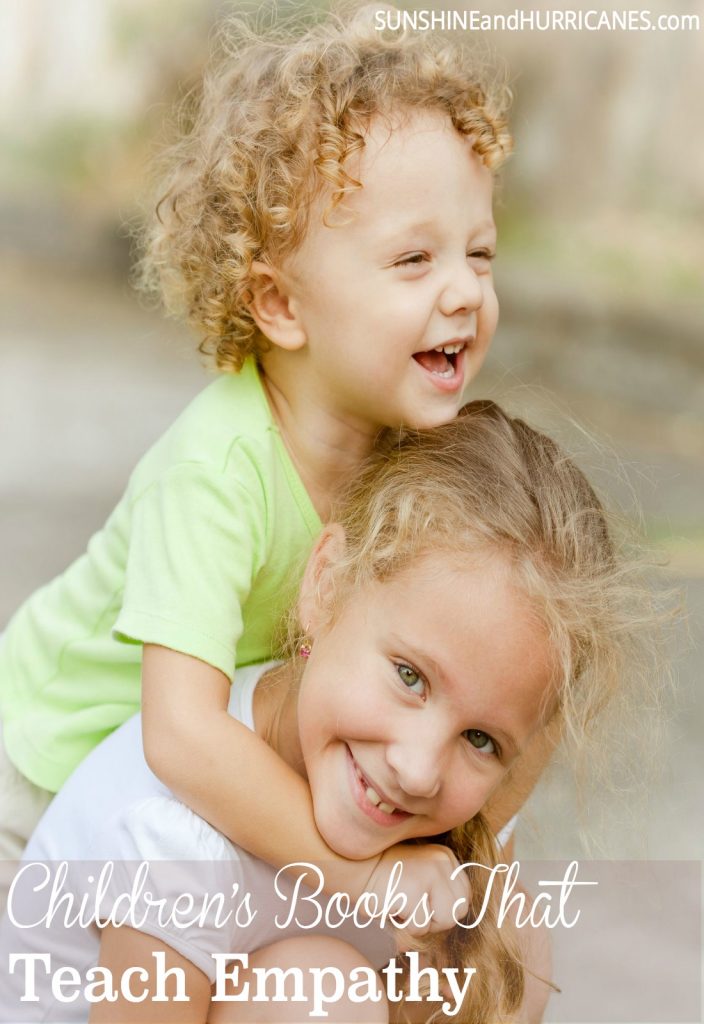




Shirley Martinez says
What a great post! We do some of these but hope to do others as time goes on.
Roxanne says
We do all of the above. I will say what I’ve enjoyed most is volunteering together with my kids. Teaching them to identify a need and then find a solution to meet that need is great life experience!
Dawn says
This is really great! I love the idea of thank you notes and volunteering. Also, I wasn’t able to link to the chores list to download the printable.
Rebecca Bryant says
These are great ideas to teach empathy. I really like the thank you note idea and volunteering together.
Rachel says
I love the idea of thank you cards. We have to get better at doing those. I also love the idea of volunteering together. I want to do this just as soon as the kids get a little older.
Blythe Alpern says
This is a great reminder to start teaching empathy at a young at because then it becomes commonplace. My parents instilled it in me and I think I am even more aware of it now as I’m an adult.
Kimberly says
Love your ideas! This is so important to teach kids nowadays and paren’t don’t know how to anymore.
Rachel Langer says
Your thank you’s are perfect! LOVE THEM! I do need to volunteer more with my children.
Kim says
You’ve worded all these wonderfully important things here so well. It’s often hard to explain how important these things are to children, however in example and with encouragement, love and patience we can accomplish much. I so enjoy my grandsons grow into loving and caring adults, knowing they were taught with the same values even I was taught with. I look at them and think how proud even my great grandparents would be of my grandchildren.
Heather Lawrence says
Love that you mention to volunteer together. Every month we get together as a small group and we make sandwiches for a group that hands them out the people in the inner city. The kids get involved and it goes by quick plus it helps hammer in how important it is that we help those around us.
Now to just get to the assign the kids chores part..that would be helpful to me!!
Terri Steffes says
I always liked to discuss the way a person was feeling and ask if the student could remember a time when they felt the same. It usually results in an immediate connection.
Mrs. AOK says
I knew I was going to love this post as soon as I saw the title. Empathy is SO IMPORTANT! It’s something I hope I’m doing a good job at teaching my own kids.
The power of a thank you note!! I love that my babies already know to sit down and fill ’em out. I hope they’ll always do that.
And can we talk about those super cute Kleenex boxes!!??! Those are awesome! We’re a Kleenex family 🙂
XOXO
Taylor Mobley says
This was a great post. I don’t have any of my own littles yet, but definitely things to think about 🙂